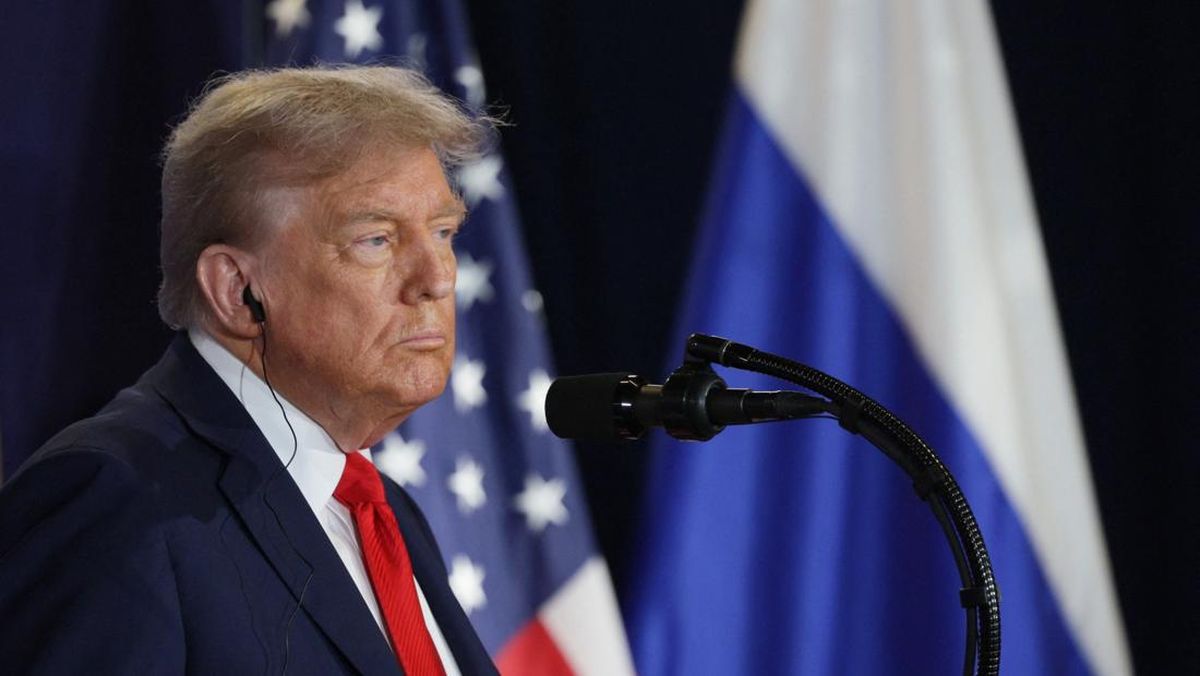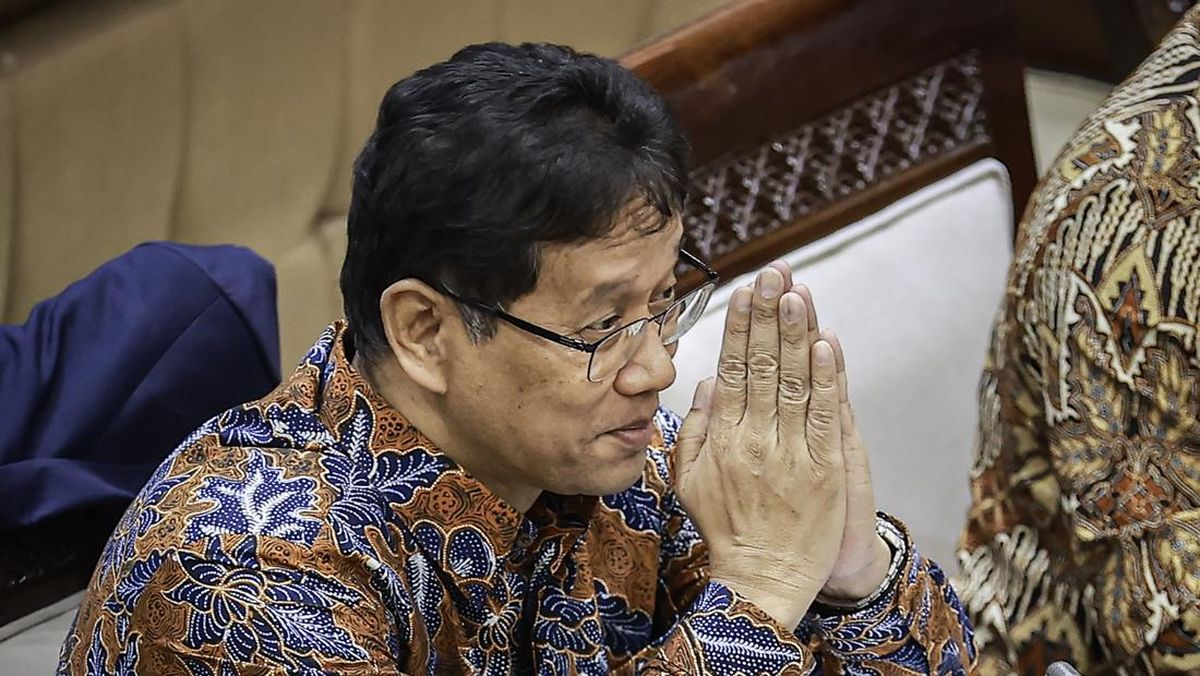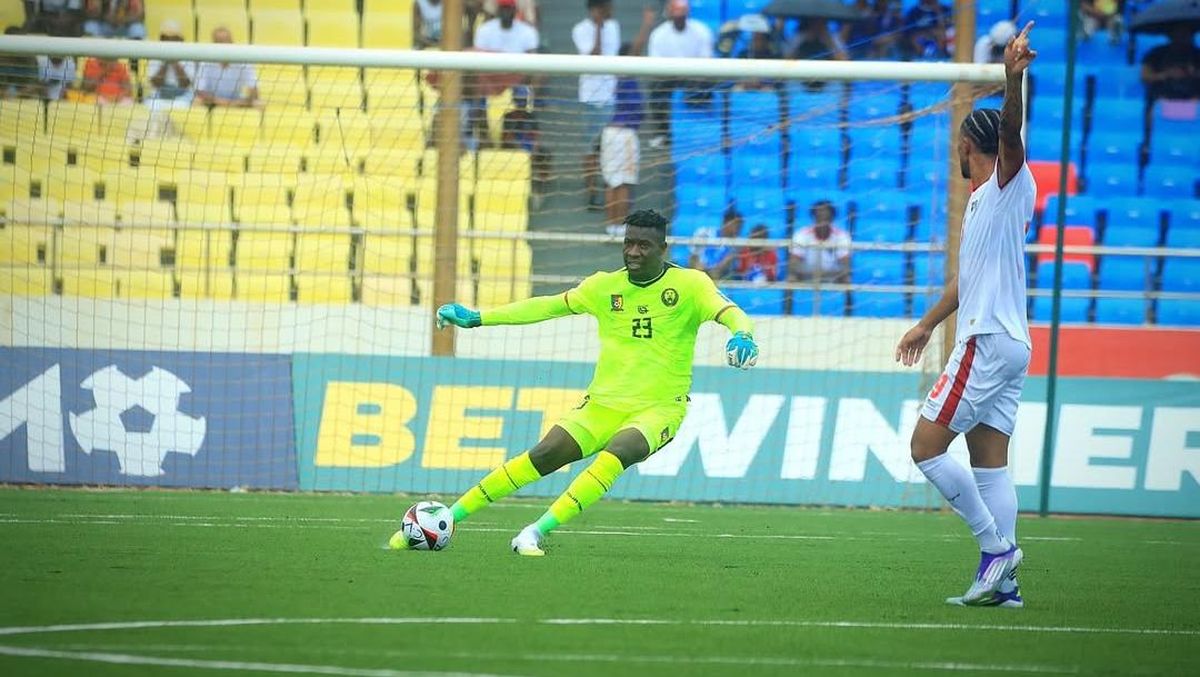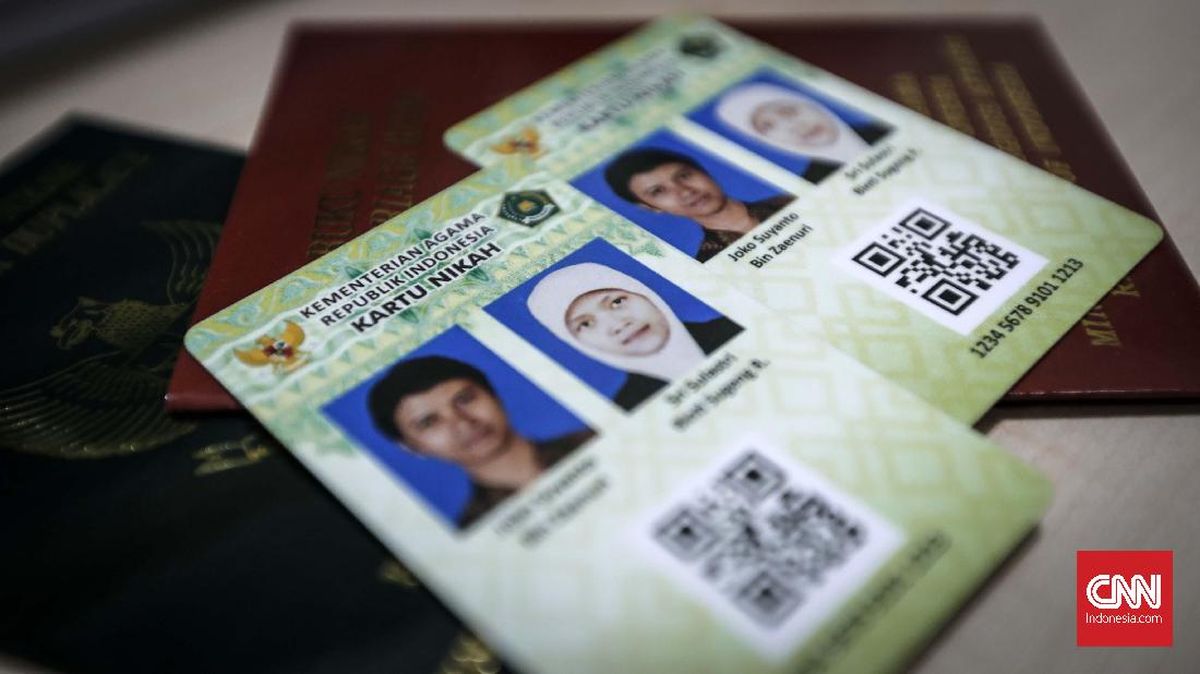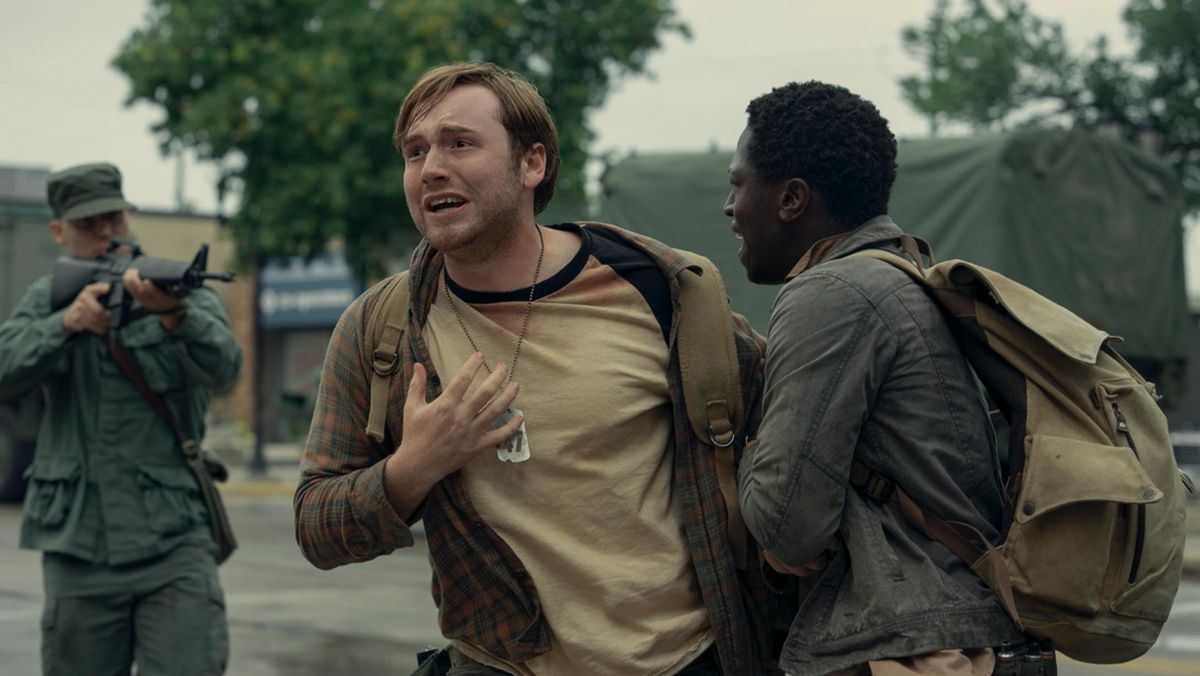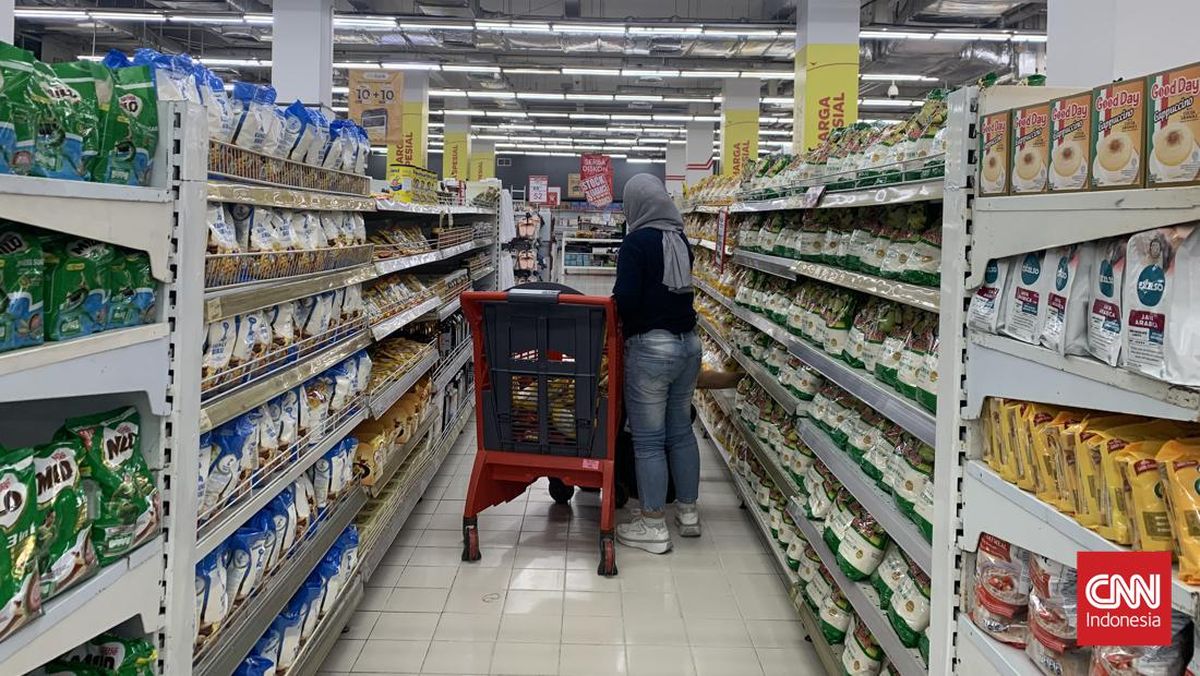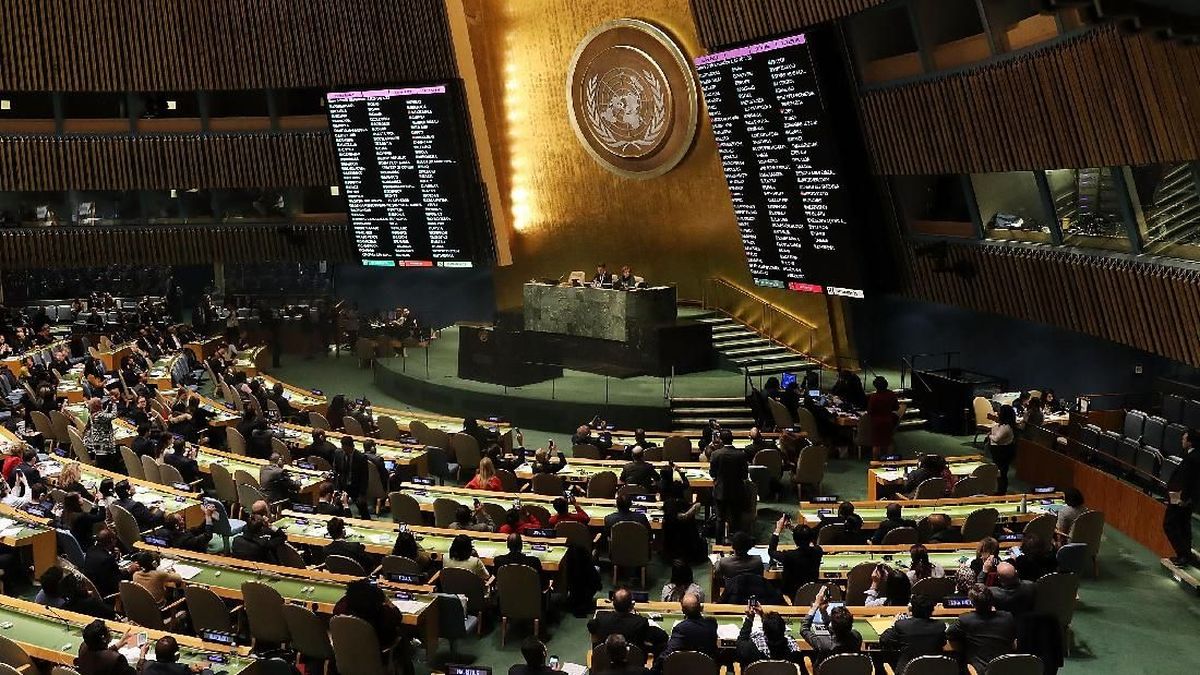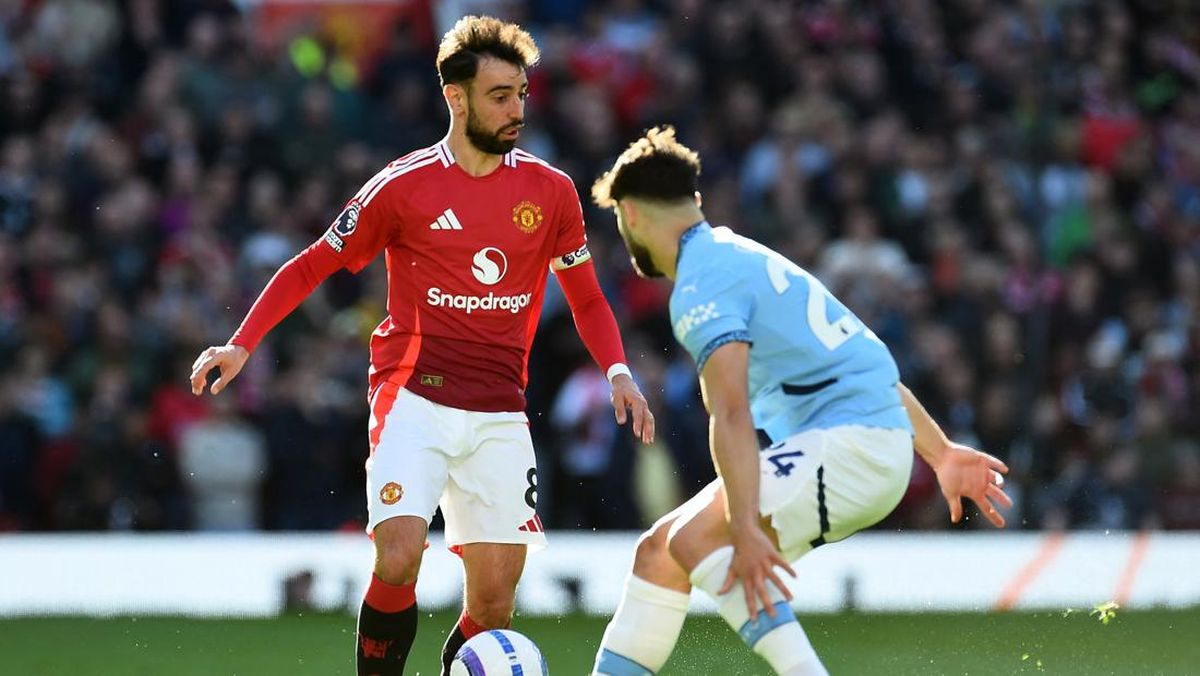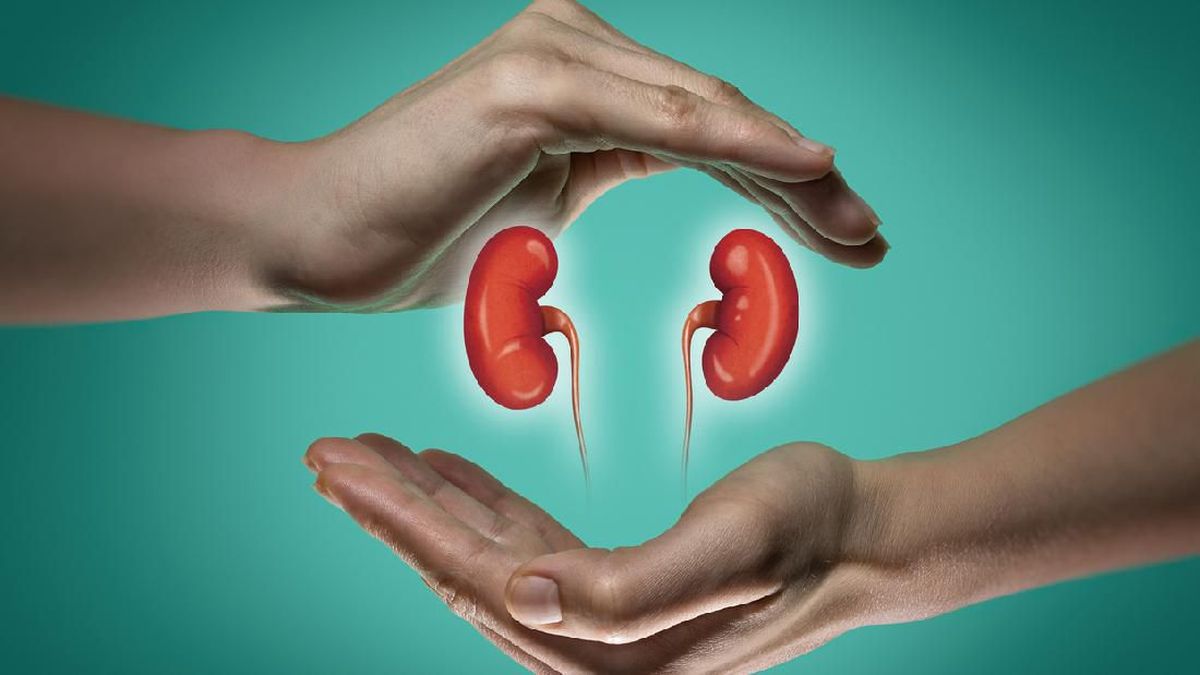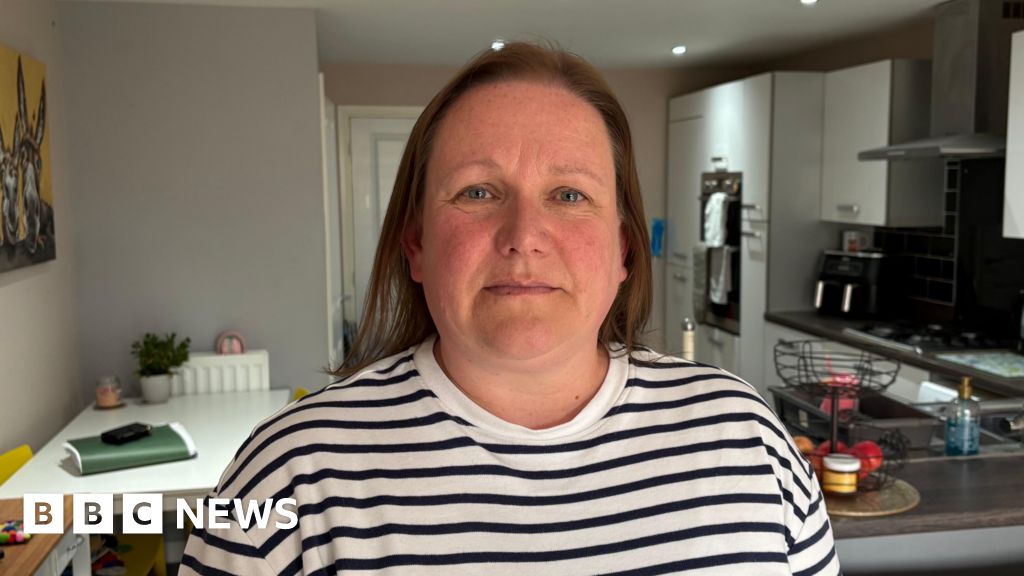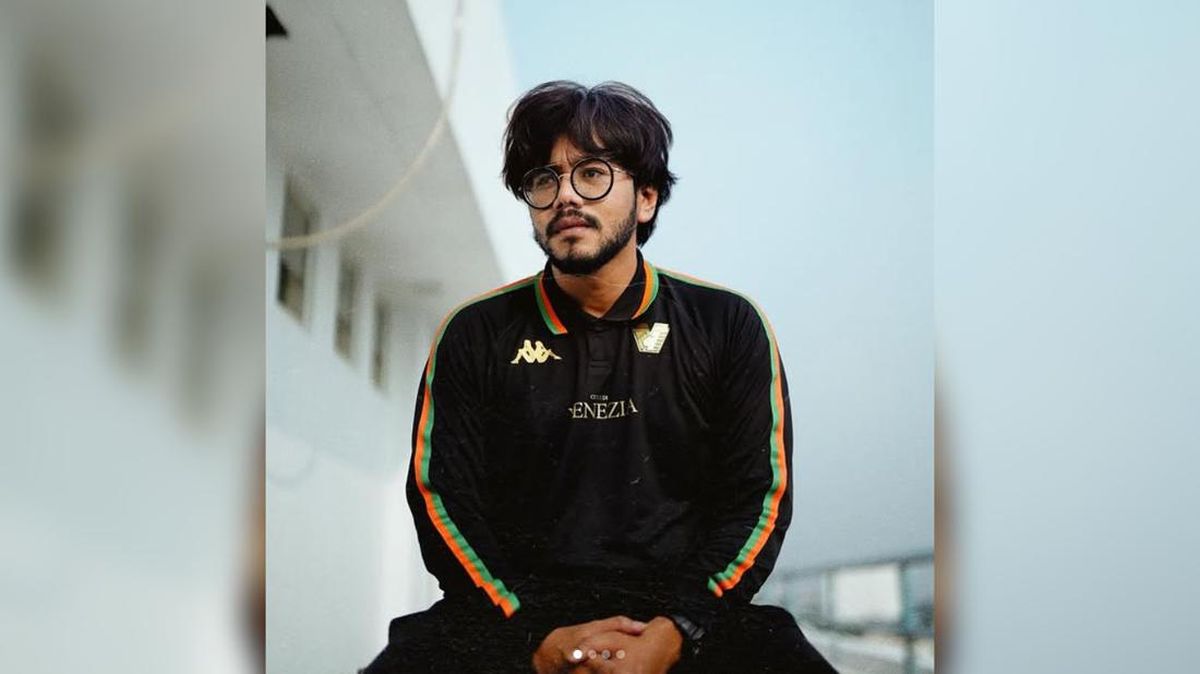The closest I’ve been to Papua New Guinea, I’m ashamed to say, is David Bridie’s backyard on Merri Creek in Melbourne’s north. It sure was vivid though. The year was 2004 and the great Tolai singer George Telek was recalling the twin volcanoes that flattened Rabaul as we sat, timber creaking and seagrass whispering, in a tropical wind-house they’d knocked up the day before.
“The ground started shaking. Like you’re floating on a ship,” he told us. “The smoke was so much it was dark in the day. Lightning strikes everywhere. We had to run away.” We were poring over photos on his latest album cover. Lush coconut palms framing a dazzling blue bay. Paradise on the brink.
Bridie had been talking up Telek for decades. His band, Not Drowning Waving, went to Rabaul in the late ’80s and came back with an album that stunned the world. Tabaran was, for Peter Gabriel, David Byrne and others, a revelation. For Australian music fans, it was a wake-up call from a neighbour we barely knew.
On September 16, that neighbour celebrates 50 years of independence from foreign administration, Australia’s being the last.

Children playing on Mioko Island. “The landscape, the music, the art, the way kids play games out of old boxes… it shifts your appreciation of the world,” says David Bridie.Credit: David Bridie
Today, Telek is proud of the milestone, but sober. “We still don’t achieve everything we wanted,” he admits. “There are still some problems here. We need more Australians to help us along until we are mature enough to run all our affairs.”
Bridie puts it differently. “PNG is still a young country. It’s complex. The highlands are very different from the islands. Blanket statements don’t work. But I always say to young Australians: go up there. The landscape, the music, the art, the way kids play games out of old boxes … it shifts your appreciation of the world.”
Tabaran is 35 years old. Its long-awaited sequel, Malira, drops next week. Today’s wind-house is a dodgy WhatsApp connection, but even as the signal drops in an out between Apollo Bay and Rabaul, the two friends’ easy banter – they address each other as “turana”, or brother – evokes something way beyond music.

“We still don’t achieve everything we wanted,” George Telek says of PNG’s independence.
“Some part of it is like reviving that Tabaran style,” Telek says of the new album, “and maybe a little bit of a new style that we created with new ideas; exchanging ideas from Australian musicians and Papua New Guinea.”
The difference this time around is experience. “In 1988 we were all young,” Bridie says. “We were working a lot of stuff out. Now we’re part of the same band and the same vision.”
The original meeting of worlds was almost accidental. Rather than the young Aussie’s standard European gap year, Bridie opted in his 20s for an adventure closer to home. As his sprawling Wantok Musik label shows today, it led to a career-defining passion for the diverse music of our own region and continent.

Not Drowning Waving pictured in 1993.
Rosie Jones’ 2023 documentary Abebe – Butterfly Song, which will have limited screenings this month to mark the anniversary, tells much of that story. Bridie fell for the Moab String Band’s Abebe in a Rabaul cassette shop. Soon Not Drowning Waving were recording at Pacific Gold Studios, their keyboard atmospherics underpinning local string bands; John Phillips’ guitars wailing like bush spirits through ancestral chants and log drums.
The intoxicating sound carried far from home. WOMAD in Adelaide, New Zealand, Vanuatu, England, Seattle. Encounters with “world music” legends such as Salif Keita and Miriam Makeba. “It made me want to do more,” Telek says. “To play more, to collaborate more.”
Loading
“Remember the time we met Youssou N’Dour?” Bridie asks Telek, laughing. “I was a big fan, but Youssou didn’t want to know me. He really wanted to know George.”
Through it all, Telek has sung in Tolai, a language of East New Britain. In the heady weave of local and western musical ideas, his songs paint an infinitely richer picture of his country than the rugby and corruption headlines that occasionally pierce the Australian bubble.
“The background of my music tells the story of how people work, our festivals and celebrations,” he says. “That is the real life of the people back in the village. That is what we promote outside.”

David Bridie’s connection to PNG has expanded to take in more than music. “Sometimes I go up to Rabaul even if we’re not working,” he says.Credit: James Henry
To Bridie’s ears, the songs carry telling fragments of cosmology. “George sings about carrying leaves that give you protection, little ointments you put on yourself. When Pius [Wasi] plays bamboo flutes, they sound like insects in the bush. There’s all these metaphors about the spirit realm and bush life.”
It’s a world that’s harder to glimpse by conventional transport, they agree. They crack up talking about the driveway to Telek’s house in Raluana. “When it rains, it’s really buggered up,” Telek says. “You need a four-wheel drive.”
Bridie recalls clinging to a rattling minibus as it hauled itself up the mudslide over gaping potholes. “I’m sitting there going, there’s no way known this thing can make it,” he says. “But because George is George, the driver will take us right up to his house on top of the hill.”
Over nearly 40 years, their visits have deepened the bond. Bridie has seen Telek’s children grow. Telek mourned Bridie’s parents. “Sometimes I go up to Rabaul even if we’re not working,” Bridie says. “Our families know each other really well.”
On stage the affection shows. “George always steals my beer,” Bridie says. “If I forget a lyric, he’ll whisper in my ear, ‘you f---ing old bastard’, even in the middle of a serious song, so you’ve got to somehow keep a straight face.”
Telek laughs. “We’ll end up one day performing with walking sticks.”

The Tabaran concert in Sydney in January.
Audiences are more likely to be struck by what hasn’t changed. Next Saturday’s performance of Tabaran in Melbourne will include large-scale projections of PNG and the adjoining Indonesian-occupied territory of West Papua which have long brought a transporting dimension to their collaborations.
After decades in the Pacific, photojournalist Ben Bohane sees profound significance in the pair’s friendship. “It’s opened the space to collaborate in a whole range of areas: musically, in a friendship sense, but also even between Australia and Papua New Guinea,” he says.
“Melanesia operates not on ideology, but on personal relationships. That’s the key. David was intuitive enough to realise that.”
Bohane argues that Tabaran is one of the most important Australian albums ever made – “because of what it signifies about our place in the world. We’re not just an offshoot of Europe. We sit in the most extraordinary region for cultural diversity. This music brought friendship between countries, through culture. What better thing can you do?”
The rain was belting down, Bridie remembers, on his last visit to Telek’s house. Nine grandchildren were skidding across the yard on sheets made from old rice sacks, shrieking with laughter in the downpour. The musicians were inside, planning their next project. Or maybe just drinking beer.
Strange neighbours, perhaps. But over 40 years of music, laughter, grief and resilience, Bridie and Telek’s friendship has always felt like an opportunity that’s ours for the asking. The sound of Tabaran and Malira is above all an invitation, a call to sit in the wind-house together and listen.
Not Drowning Waving and George Telek perform Tabaran at Melbourne Recital Centre on September 20. Abebe – Butterfly Song is in select cinemas. Malira is out September 19 through Origin.
Coming soon: Must-see movies, interviews and all the latest from the world of film delivered to your inbox. Sign up for our Screening Room newsletter.

